General Election 2015: 4 reasons why I won't be voting
Until a party promises to actually tackle the housing crisis and issues like youth unemployment, I'll be staying at home

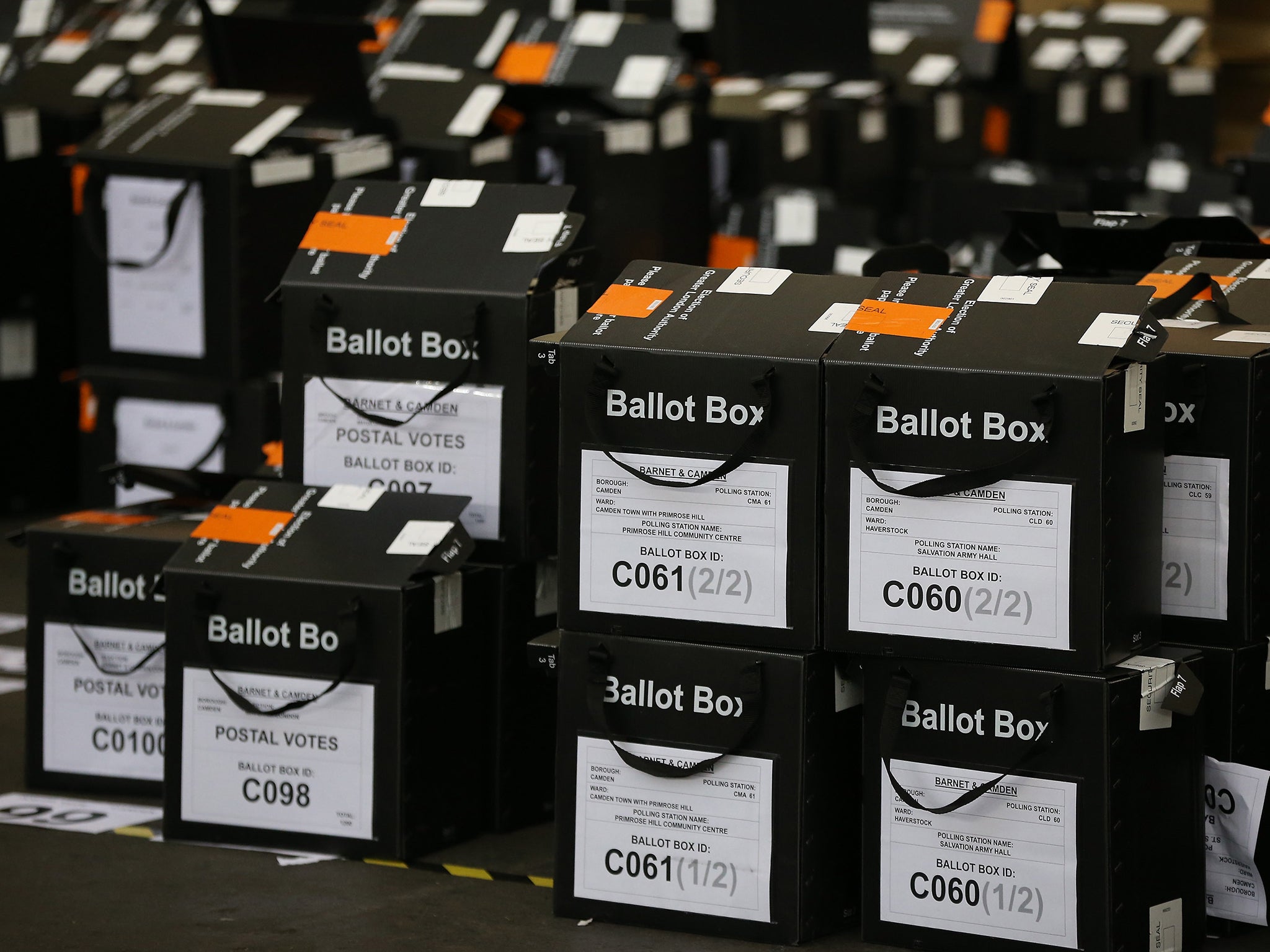
With less than 50 days to go until the general election, it went without saying that today’s budget was going to be a crowd pleaser, especially for old rich people.
However, George Osborne’s announcements haven’t done many favours for this nation’s young people. Don’t get me wrong: he’s taken tax returns digital and lowered the duty on a pint of beer. No complaints. But contrary to popular belief, not all young voters sit around playing on their smartphones slurping lager all day.
What about living wages and affordable rents? What about wealth inequality and unfair benefits caps? It’s no wonder one in eight twenty-somethings have already decided not to vote in May – myself included.
If nothing else, today’s budget has just demonstrated how this government is perfectly content skipping past the worries of my generation.
Don’t believe me? Let’s break it down. What issues do politicians need to address before people like me will actually vote for them?
1. The cost of living
Despite a recent boost in wages, most of us are still earning less today than we were before the recession hit. To be fair, today’s budget included a minimum wage increase of 20p – which is fantastic news for a lot of people. But pay isn’t the only problem.
It costs a lot of money to survive in Britain. Childcare costs have shot up by a third, and food prices are set to rise by another two per cent this year. Yet the Chancellor can't seem to accept that these are genuine issues. Why? Oh yeah, because our national GDP per capita is increasing. You can really tell that he's never struggled to buy a loaf a bread.
Regardless of how much our GDP has risen, it's not trickling down to improve life for poor people. We’ve already cut welfare payments by £3bn – and today we were told that further cuts are imminent. So, if you’re a debt-laden young person who doesn’t qualify for a job or state benefits, you're on your own. Feel free to warm yourself on our glowing GDP when you're on the street.
2. Affordable Housing
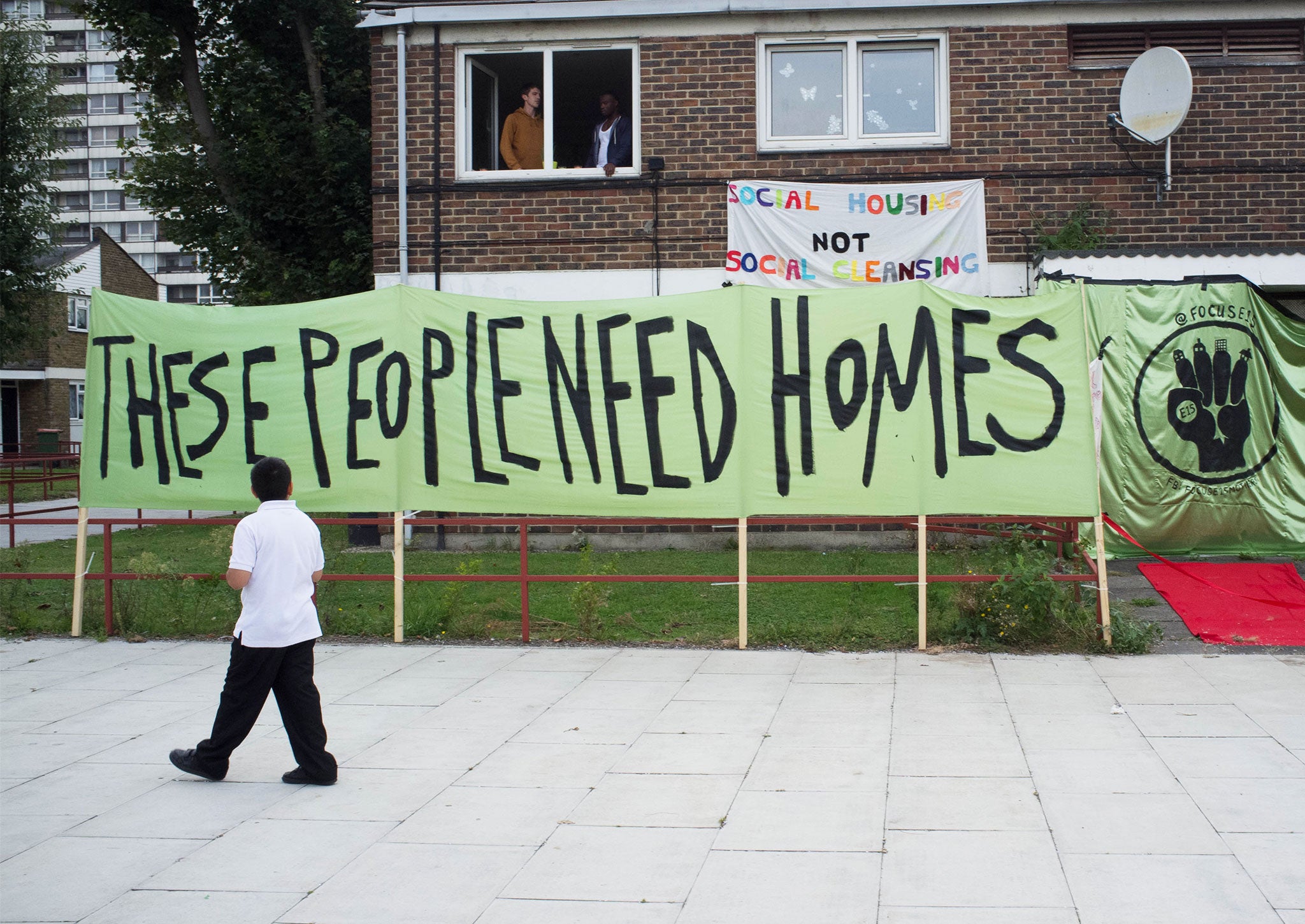
In some parts of the country, houses cost nine times more than our annual salaries. Consequently, people are hopping onto their local council house waiting lists en masse – but local authorities can’t keep up with demand.
Mr Osborne says we need to free up building space to help ease that demand. Unfortunately, space has nothing to do with it. A while back, our government handed building companies the power to challenge affordable housing quotas if planned developments didn’t look like they’d make any money. This means that profit-hungry property developers now have no obligation to build houses that normal people can actually live in.
3. Unemployment
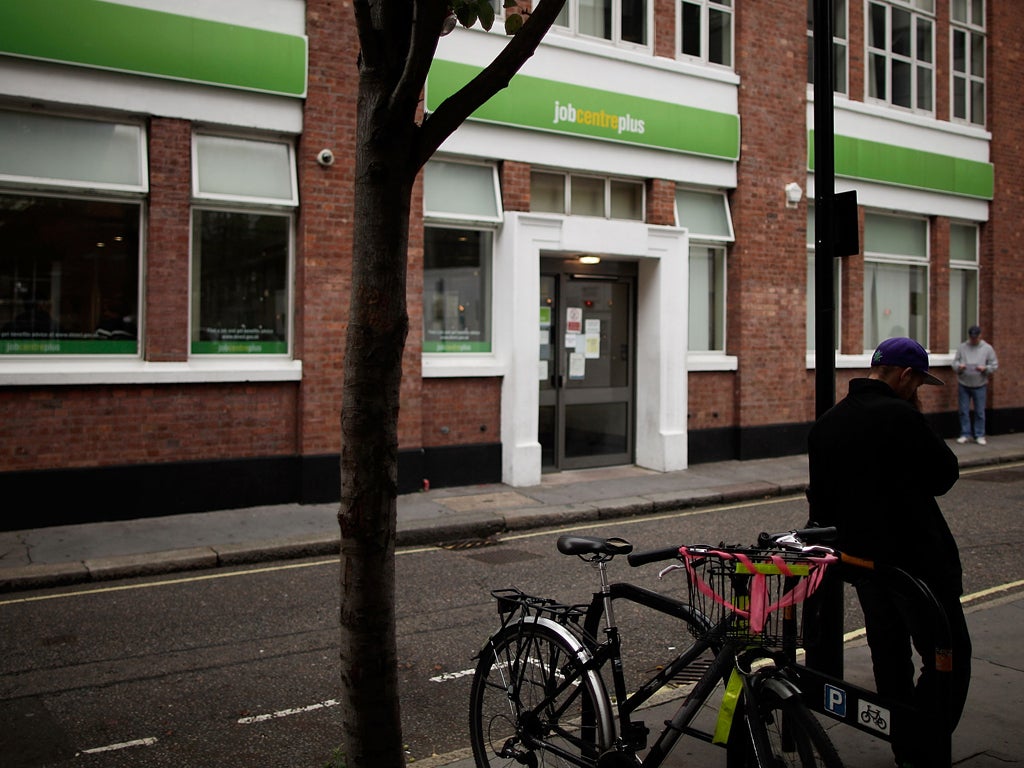
George Osborne loves to boast about apprenticeships and employment figures. But the sad truth is that a lot of young people still can’t find work. In fact, youth unemployment is actually going up.
There are currently 188,000 18-to-24-year-olds who have been unemployed for more than a year. And things have been particularly bad for young minorities. Since 2010, there’s been a 49 per cent rise in long-term unemployment amongst black and Asian communities.
To be fair, the Tories have made a genuine stab at this one – but it’s not terribly convincing. Their bright idea is to force young benefits claimants to do 30 hours of community work a week. And in a bold attempt to separate himself from the pack, Miliband has proposed an almost identitical policy. However, it's difficult to see how transforming our nation’s young people into indentured servants will give them a brighter future.
4. Wealth inequality
There’s no way around it: there’s an unsustainable gap between this country’s rich and poor, and it’s growing bigger each and every day. When David Cameron took office in 2010, 2.6m families were living in absolute poverty. Experts predict that by 2020, that number will have swelled to 3.5m. So, what are our career politicians prepared to do about it? Not much.
The government is increasing the tax-free personal allowance for low-income households – which is nice. But those relief measures will hardly counterbalance the damage done by this government’s sanctimonious war on benefits.
Tax relief will not level the economic playing field. After all, the poorest people in this country have already got immunity from most taxes, but that isn’t helping lift them above the breadline. And no matter how much you try to tax the richest of the rich, there will always be some Caribbean accountant willing to help find a way around paying it.
At the end of the day, if this government wants to bridge this country’s inequality gap, it’s going to take a lot more than a few tweaks to the tax code.
So, where does that leave us?
Today’s budget was supposed to seal the deal for a lot of voters. However, in my opinion George Osborne has just convinced a few thousand more under-25s to stay home on polling day.
That’s a genuine shame – because the sad truth is that young people truly can make a difference. A single vote is all it takes to ignite positive change within our society.
But that transformative spark of democracy only works if politicians are making proposals that somehow upset the status quo. And if today’s budget was anything to go by, we can’t expect many positive tremors from this government in the near future.

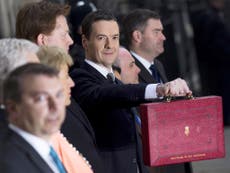
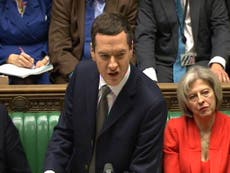
Join our commenting forum
Join thought-provoking conversations, follow other Independent readers and see their replies